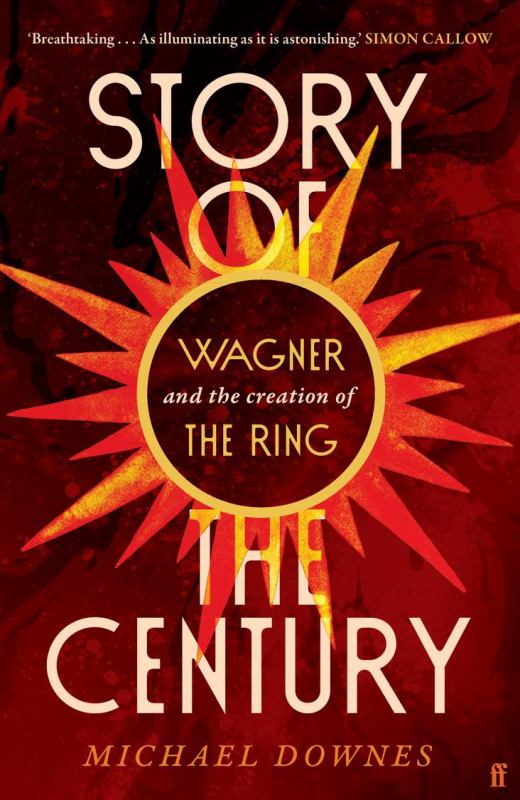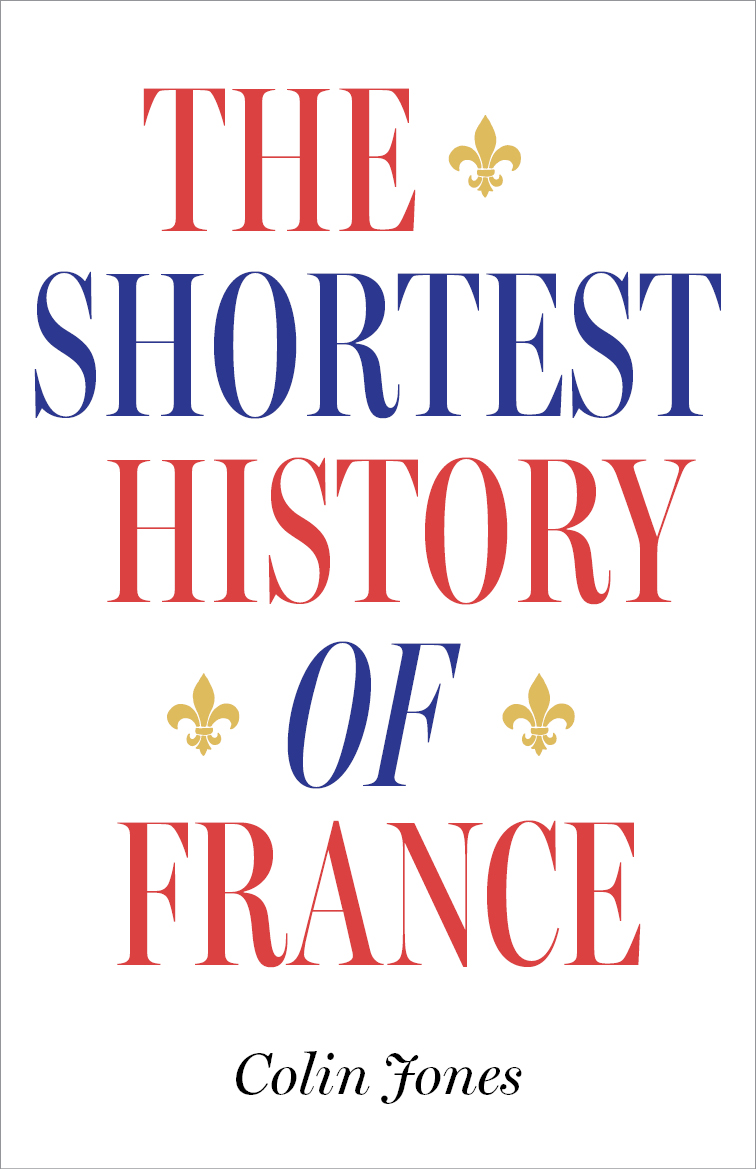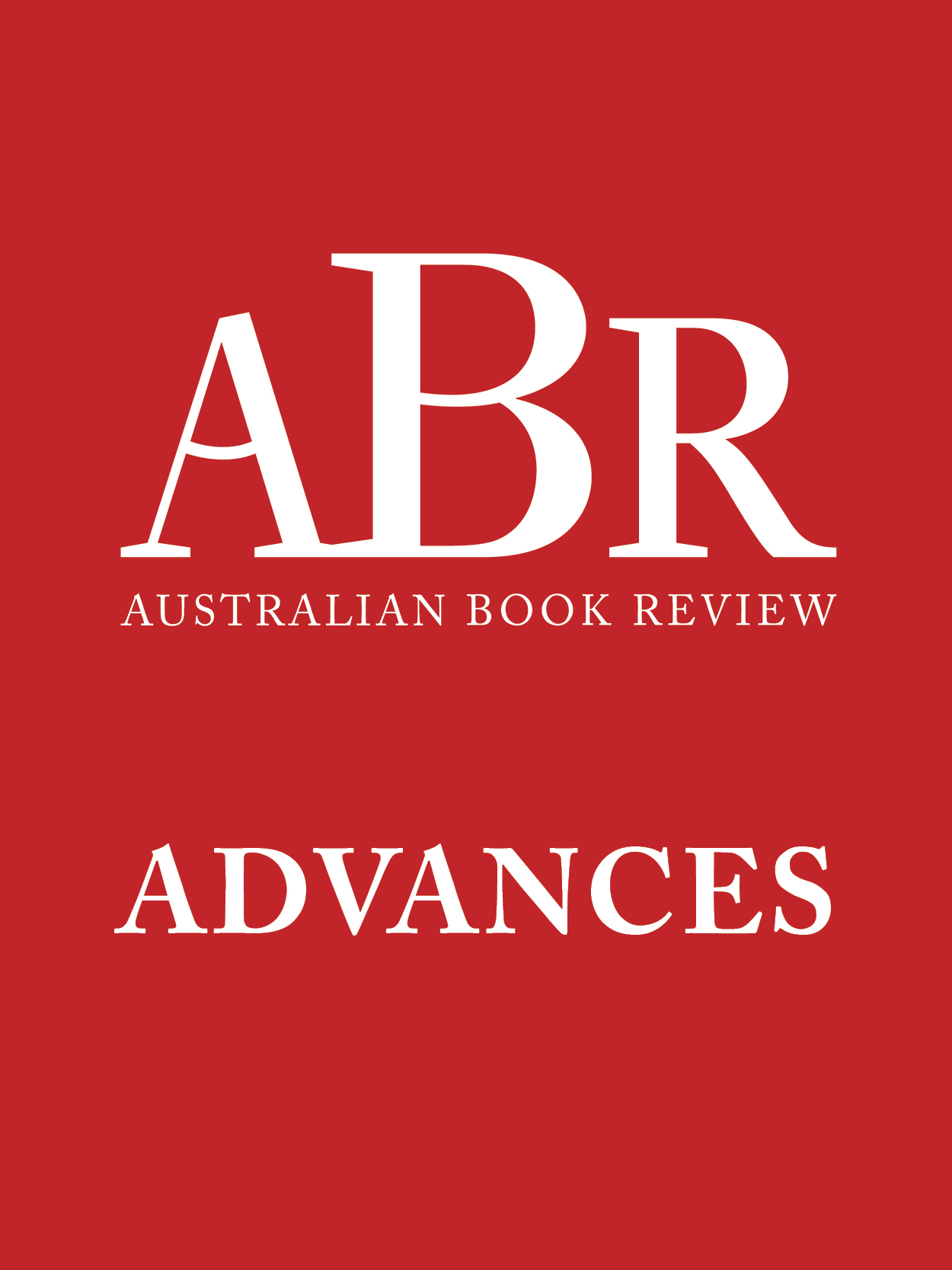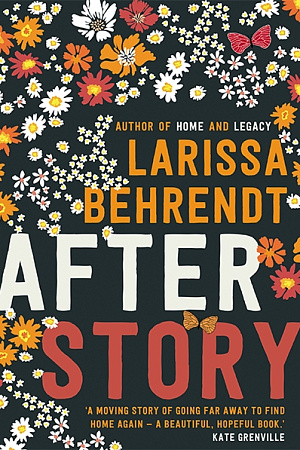The Philanthropist
Sleepers Publishing, $27.95 pb, 284 pp, 9781740669979
The Philanthropist by John Tesarsch
Fall guy
Thuy On
The Philanthropist
by John Tesarsch
Sleepers Publishing, $27.95 pb, 284 pp, 9781740669979
The initial premise of John Tesarsch’s first novel sounds like a modern-day reworking of Dickens’s A Christmas Carol as seen through the prism of B-grade Hollywood melodrama. After recovering from a health scare, a hard-hearted capitalist suffers from nightmares in which he is visited by the ghostly apparition of a man from his past. Disembodied voices disturb his sleep, telling him he is not welcome in the afterlife, ‘in his rough, unformed state’. After much soul-searching, our hero has an epiphany and resolves to be a better person.
Fortunately, The Philanthropist is more complex and layered than this flippant summary would suggest, though the book is in some respects a simple morality tale that epitomises the old chestnut that money does not buy happiness or health. Fifty-nine-year-old protagonist Charles Bradshaw is the fall guy, an Everyman who has the Midas touch in his work life, but whose personal life is left behind and neglected. The book follows his desperate attempts at redemption when he is forced to retire after a heart attack, with time in abundance to contemplate his misspent hours ‘following false gods’.
The secret which brings upon night terrors, and the source of which is seeded in his youth, is brought to the fore when an old girlfriend, Anna, makes contact when he is in hospital, incapacitated. Now a Supreme Court judge, Anna’s livelihood depends on her delivering judgement upon the miscreants before her, but she has never forgotten the first crime she was involved in with the then dashing and cocksure Charles. It is a secret that binds and condemns them jointly. Abandoned by his family, the only solace Charles receives is in the company of Anna, though their meetings are tense and tainted by thoughts of guilt and retribution.
Money – the accumulation, rejection and abuse thereof – is another underlying theme of the book. While the ‘philanthropist’ is an accurate enough title to describe the construction mogul who does indeed donate vast sums to numerous foundations and charities and even the odd painting to galleries, there is an ironic nod to this reductive label. We first meet Charles as he is about to receive an Order of Australia for his service to the community. Even the health minister is on hand to congratulate him on his munificence. But the benefactor himself feels like a fraud, unworthy of such accolades. After all, there are tax benefits to be gained from siphoning a portion of your income, and it is really his society wife, Trish, who is heavily involved in charitable organisations; he just signs the cheques at her behest. Large donations are seen as a perfectly valid way to assuage the guilt of the moneyed upper classes.
Tesarsch has worked as a barrister and a solicitor, but his prose is straightforward and elegant, without any of the tricky convolutions associated with legalese. There is no flowery language, no extravagant flights of metaphor, just a precise rendering of statements, as though he was compiling a long brief. The understated simplicity of the language works in his favour, keeping the narrative tight and controlled. Tesarsch’s experience at the Bar is particularly evident when filtered through the working life of Anna and her jaded career. Just as Fiona McGregor recently examined the class system to great effect in Sydney’s affluent north shore in Indelible Ink (2010), Tesarsch paints the élite social milieu in contemporary Melbourne that Charles orbits: his beachfront property, his membership of gentlemen’s clubs, and his retinue of service staff are all deftly drawn.
Written in the third person, The Philanthropist extends its sympathetic treatment from the ailing captain of industry who no longer takes any pleasure in empire-building, to his former lover and his hapless family members. Anna lives with her own regrets; widowed and childless, her only devotion is to civic duty. Meanwhile, alarmed by her husband’s sudden ruminations on giving away most of their fortune, Trish withdraws her support, and his relationship with his estranged children, Jeremy and Rebecca, becomes even more contentious. Rebecca has escaped to a hippie world and makes necklaces for a living as a reaction against her family’s wealth, while Jeremy has been begrudgingly promoted to succeed his father at Bradshaw Holdings.
The Philanthropist exploreshow, in some respects, the sins of the father are visited upon the son; how generational dysfunction can be passed down as easily as the family fortune. The narrative tracks back and forth in time to explain how Charles ended up as he does, embittered and bereft in a $15 million house. Having inherited his work ethic, and the business itself, from his domineering father, Charles treats his son with the same degree of supercilious distance. Trying to make his own mark, Jeremy is desperate to change the culture of Bradshaw Holdings, with ambitious plans to diversify and to rid the company of lackeys and loafers. But inexperience, arrogance, and an indiscreet affair with his secretary soon derail the poor little rich boy.
There is a rather too neat and convenient meeting with key persons whom Charles has wronged in the past, a clumsy narrative device that allows him to try to make amends, but this is a small quibble in an otherwise accomplished début. A domestic drama that grapples with notions of societal and personal responsibilities, The Philanthropist is a compelling read.
CONTENTS: FEBRUARY 2011















Leave a comment
If you are an ABR subscriber, you will need to sign in to post a comment.
If you have forgotten your sign in details, or if you receive an error message when trying to submit your comment, please email your comment (and the name of the article to which it relates) to ABR Comments. We will review your comment and, subject to approval, we will post it under your name.
Please note that all comments must be approved by ABR and comply with our Terms & Conditions.